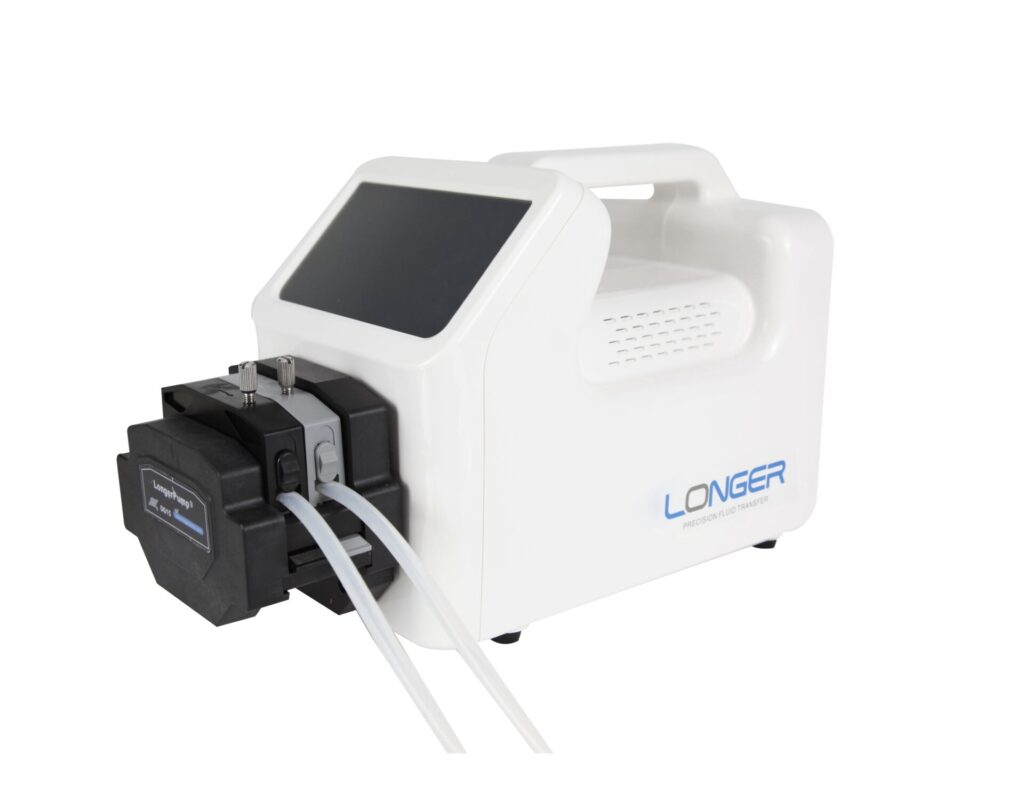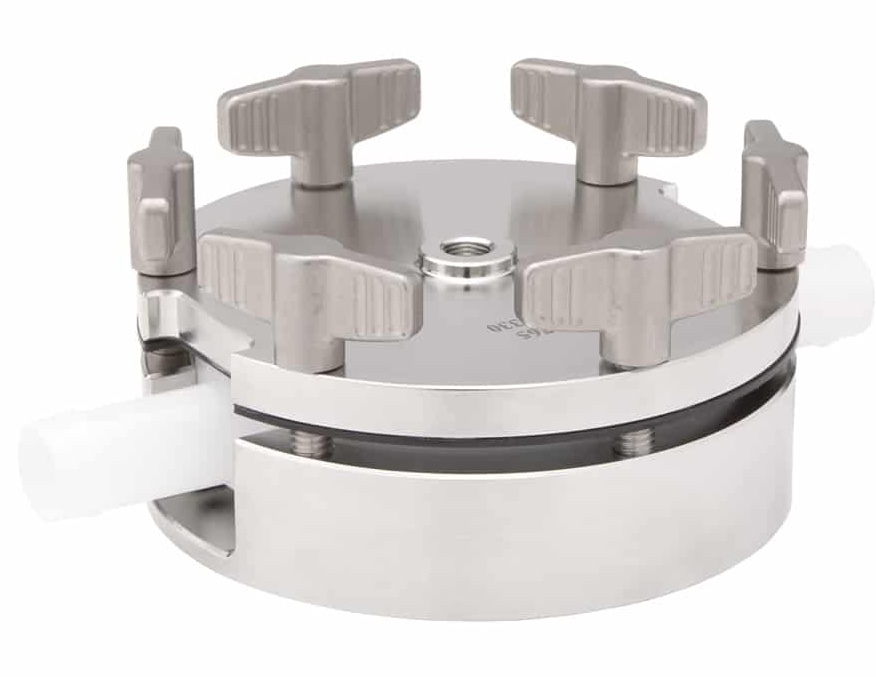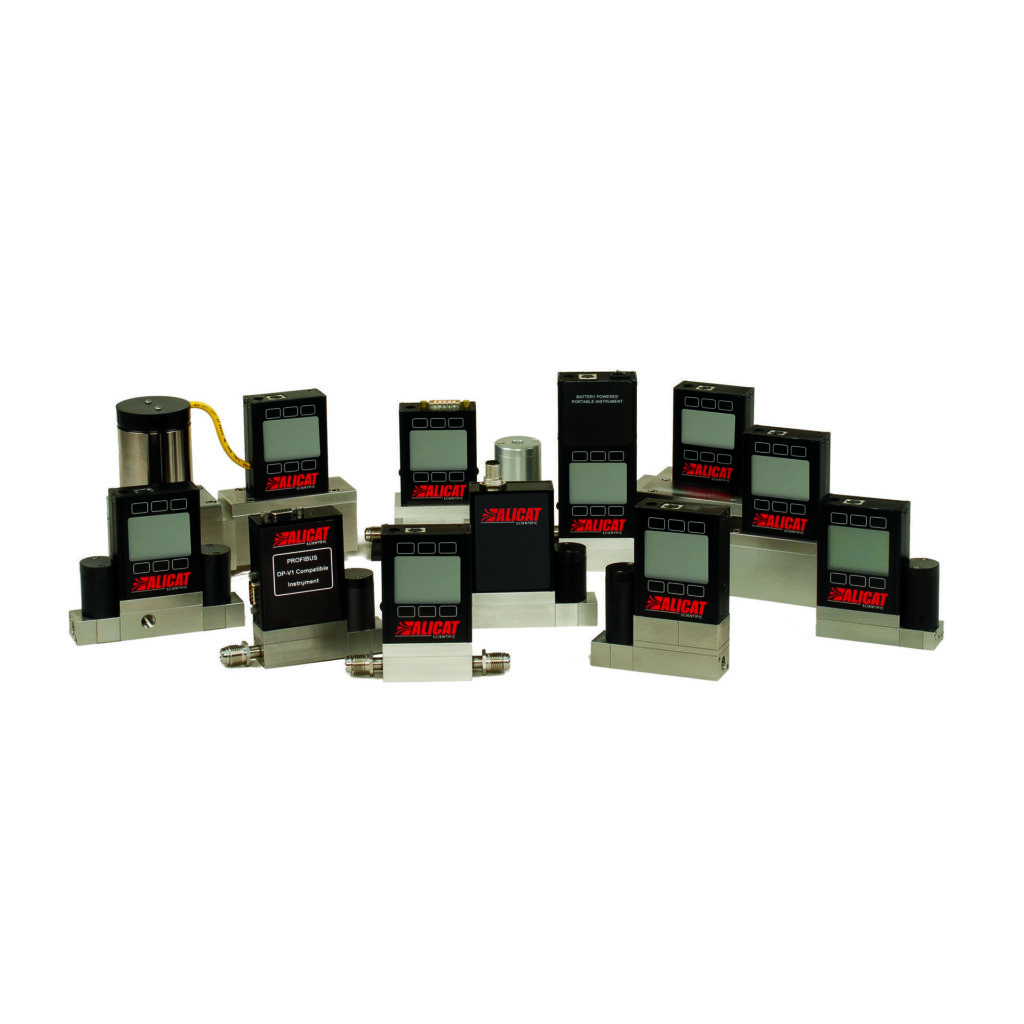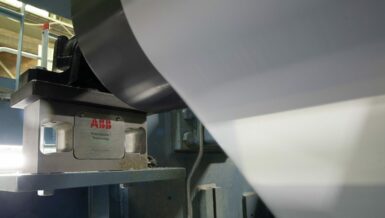Meeting these demands requires technology that not only performs under rigorous conditions but can also adapt to and change with the industry standards and needs. The instruments and fluid control systems are no longer just components — they are essential enablers of innovation and compliance. The precise control of fluids, gases, and pressures throughout the manufacturing lifecycle ensures the safety, efficiency, and scalability of treatments.
At the heart of this evolution for the industry and the technology causing it, are companies such as FMI (Fluid Metering Inc.), Longer Precision Pump Co., Alicat Scientific, Steriflow Valve, and Equilibar. These companies don’t just supply tools – they deliver essential instrumentation that enables precise flow of gas and liquid, pressure regulation, while maintaining a contamination-free environment — all of which are critical when achieving the strict standards required in life sciences manufacturing. Their technologies don’t just support the industry — they have helped shape it for years and will continue to do so.
The global biotech and pharmaceutical markets are experiencing unprecedented growth, with further developments in biologics, vaccines, and gene therapies at the forefront. This shift is redefining the manufacturing standards, placing a high demand on equipment that offers high repeatability, high accuracy, regulatory compliance, and scalable integration.
Within the industry, sterility and contamination control have become non-negotiable. Manufacturers are embracing the single-use technologies, closed loop systems to mitigate contamination risk — creating a greater need for precise, non-invasive flow and pressure control devices. Continuous manufacturing, as opposed to traditional batch processes, is becoming more popular. This shift demands instrumentation supplied is capable of real-time adjustments, provide rapid feedback and continuous process monitoring.
Regulatory compliance is another key driver. These standards are enforced by the FDA, EMA, ASME BPE and other frameworks like GMP (Good Manufacturing Practices), who require manufacturers to validate every component of their production process. This has made instrument repeatability, traceability, and performance under Clean-In-Place/Sterilize-In-Place conditions essential. With validation being tied to digital audit trails, smarter instruments have become a necessity for minimal downtime. Automation and digital integration are rising due to this. Smart devices with data logging, remote diagnostics, feedback loops, and compatibility with process control systems such as SCADA or PAT (Process Analytical Technology) frameworks are quickly becoming a “standard” requirement, as this helps reduce downtime, enhance accuracy and streamline compliance. In this demanding landscape, the performance and reliability of components like pumps, regulators, and flow controllers are not just operational concerns — they are core to product quality, patient safety and operational excellence.
FMI’s valveless piston pumps stand out in scenarios where contamination risks must be minimized. These are used for micro-dosing in biotech and pharmaceutical applications. These pumps are ideal for delivering microlitre to millilitre volumes with extreme accuracy. That makes them invaluable in chromatography, diagnostics, and vaccine production. The absence of valves reduces wear and contamination risks, while chemically resistant materials ensure long-term reliability. These pumps are also used in applications that require consistent dosing, such as reagent dispensing and biologics development. Their ability to maintain flow consistency under varying back pressures can be critical in maintaining the integrity of a sensitive process. Whether in lab settings or production-scale environments, FMI technology ensures dependable and repeatable performance.
Next is Longer’s peristaltic and syringe pump systems, which are widely used in sterile environments. Their peristaltic pumps offer contamination-free operation, as only the tubing material comes into contact with the media, making them ideal for sensitive biotech workflows. These pumps are especially valuable in buffer preparation, media transfer, and upstream/downstream bioprocessing. With modular designs and compatibility with various control interfaces, Longer pumps are easy to integrate into both laboratory automation and large-scale manufacturing systems. Plus, their low-shear performance is crucial for handling live cultures and shear-sensitive materials, supporting cell therapy and vaccine development. This makes them an ideal solution across the biotech and pharmaceutical sectors.
Alicat is a leader in mass flow, using differential pressure technology, and pressure control. Their digital Mass Flow Controllers (MFCs), Mass Flow Meters (MFMs) and digital pressure regulators are key in processes involving gasses, such as fermentation, gas sparging, and creating inert environments. Alicat devices are known for their fast response times, high accuracy, built-in diagnostics and multifunction capability (controlling either mass flow, volumetric flow or pressure while measuring the others and temperature). Another thing that sets Alicat apart is their commitment to smart technology. Their controllers support digital protocols, real-time data logging, and network integration, making them ideal for PAT-enabled environments. Alicat systems enhance process control, reduce downtime, and help meet stringent regulatory demands.
Steriflow specializes in high-performance sanitary pressure regulators and control valves designed for clean steam and sterile applications. Their valves are widely used in Clean In Place (CIP) and Steam In Place (SIP) systems, which are vital for maintaining sterile conditions in pharmaceutical manufacturing. These valves are built to ASME BPE standards to support strict hygienic requirements and are engineered to withstand repeated sterilization cycles. Their precise pressure control capabilities are crucial in applications like filtration, fermentation, and sterile filling, where consistent pressure ensures both safety and product integrity.
Equilibar has designed and engineered a high-precision, dome loaded back pressure regulator suitable for ultra-low flow and high-accuracy applications. Their unique dome-loaded design offers stable pressure control across a wide range of fluids and gases, making them indispensable in chromatographic separation, microfluidics, and specialty gas dosing. Equilibar’s technology is especially valuable in research and early-stage development, where precise control can impact experimental outcomes. They are easy to maintain and change wetted materials, allowing them flexibility across many biotech and pharma research and development applications. This design also enabled them to build a single use version.
The biotechnology and pharmaceutical industries are becoming increasingly more sophisticated, with high stakes tied to efficiency, performance and compliance. In this trying field, the value of precision fluid and pressure control technology cannot be overstated. These companies are not just equipment providers—they are partners of innovation, safety, and efficiency.
As we look forward, we can expect further developments with things like the integration of Artificial Intelligence, smart sensors, and real-time analytics into these systems which will only deepen their impact. Future innovations will likely focus on reducing footprint, single-use compatibility, and seamless integration into fully automated platforms. These advancements will pave the way for the next generation of intelligent bioprocessing, in the not-so-distant future.













